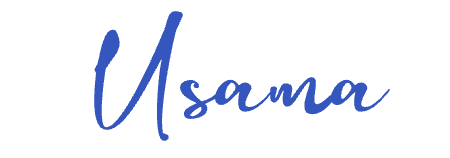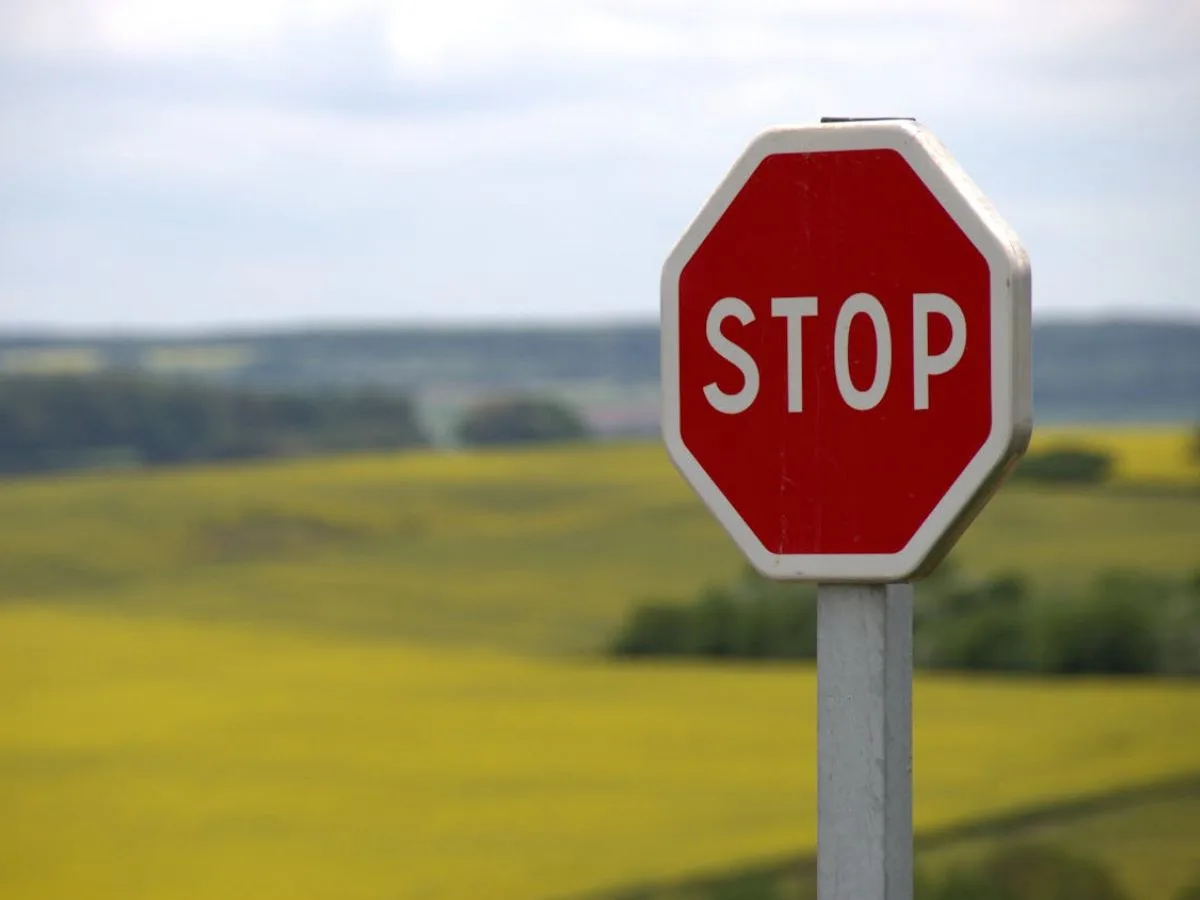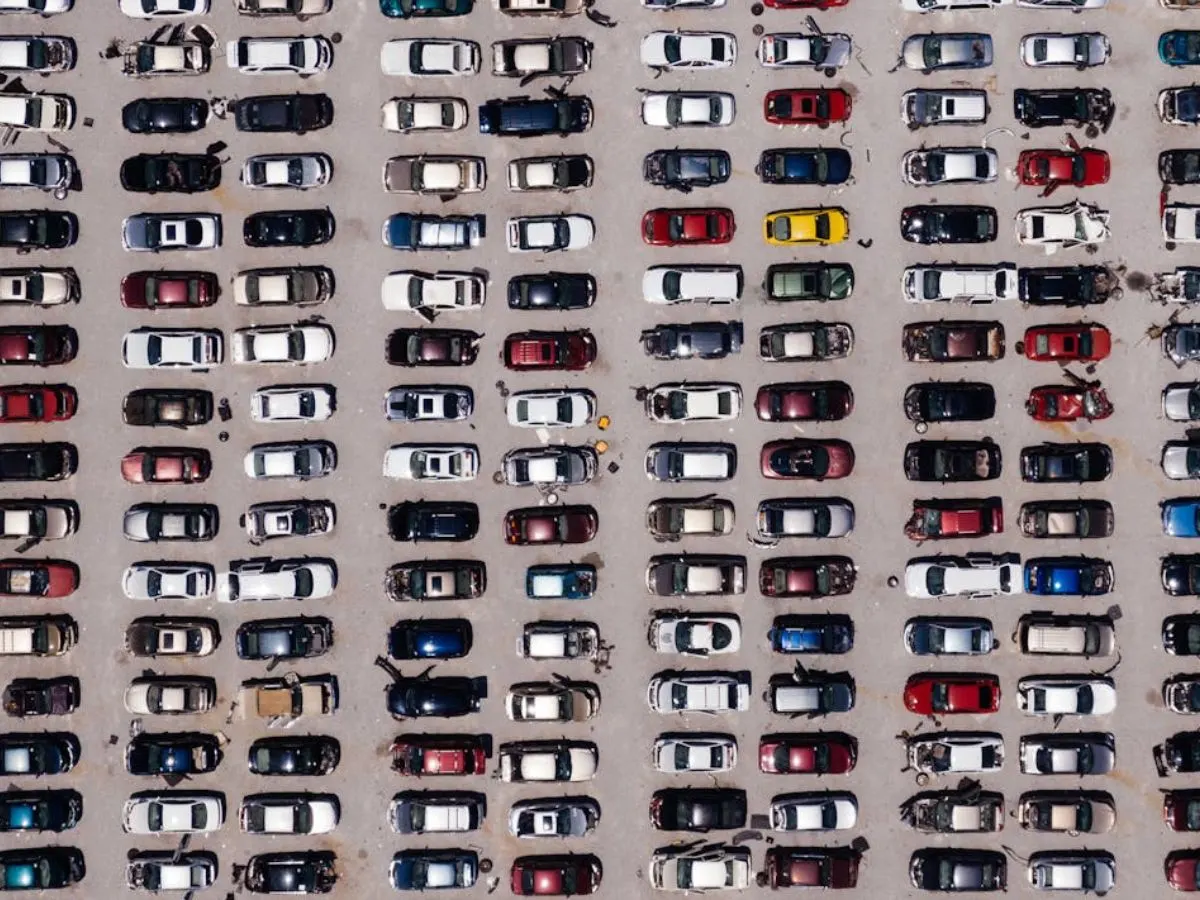Numerous passengers across major cities like Lahore, Karachi, and Rawalpindi have been overcharged by public transport drivers, particularly during peak hours or fuel price hikes. This illegal practice is not only unethical but also constitutes a clear violation of the law. This blog post explores the issue under the title, “Increasing Public Transport Fares: Laws & Penalties in Pakistan.”

Table of Contents
What Are Public Transport Fares?
Public transport fares are fixed charges that passengers must pay when using services such as buses, vans, rickshaws, wagons, and other public transport vehicles. These fares are determined by the government to ensure equitable and affordable access to transportation for all citizens. Regional Transport Authorities (RTAs) are authorized by the provincial transport departments to regulate fare rates in Pakistan. Official fare charts are issued by RTAs based on various factors, including fuel prices, distance, and vehicle type.

Legal Framework against Fare Overcharging:
The primary legislation governing vehicle operations and aspects is the Provincial Motor Vehicles Ordinance, 1965. Section 112B specifically addresses the issue of excessive fare charged by the public transport operators.
Section 112B of the Motor Vehicles Ordinance, 1965:
According to Section 112B, any driver or conductor of a public vehicle who charges a fare higher than the rate fixed by the competent authority is liable to be penalized. This legal provision exists to prevent the exploitation of passengers through illegal fare hikes. Penalties under this section include a fine of up to Rs. 500, and in certain cases, the vehicle is also seized by the Police officer or its route permit may be suspended.
The exact wording of 112B is provided below:
Penalty for overcharging of fares.–
(1) If a person being in charge of a transport vehicle overcharges from a passenger or causes to overcharge from the passenger in violation of the fares approved by the Government or Provincial Transport Authority or Regional Transport Authority, he shall be liable to any of the following punishments:
(a) fine of fifteen hundred rupees in case of overcharging for the first time;
(b) fine of three thousand rupees and impounding of the transport vehicle for minimum of forty eight hours in case of overcharging for the second time within six months of first overcharging; and
(c) fine of four thousand rupees and suspension of route permit of the transport vehicle for three months in case of overcharging within three months of second overcharging.
(2) The Government may notify separate form of register, which may be manual or electronic, for the purpose of maintaining record of repeated overcharging under this section.]
RELATED: How to make a driving license in Pakistan?

Reporting & Enforcement Mechanisms:
Passengers who are overcharged can lodge a complaint immediately by calling traffic police helplines such as 15 or other designated local numbers, which are available in most major cities. Additionally, Regional Transport Authorities (RTAs) operate complaint cells where fare violations can be reported. Passengers can also use online complaint portals or mobile apps such as the Punjab Police Complaint App or the Citizen Portal App, both of which are effective tools for reporting and resolving such issues.

Penalties:
Violating Section 112B can lead to a fine of up to Rs. 500, and in some cases, the vehicle may be seized or its route permit suspension, depending on the severity and frequency of the offence. Provincial Transport Authorities may impose further disciplinary actions in line with local regulations, including official warnings or temporary route bans.

Conclusion:
Section 112B of the Motor Vehicles Ordinance, along with relevant provincial laws, provides clear safeguards against illegal fare overcharging in public transport. However, these laws are effective only when passengers are aware of their rights and take proactive steps to report violations. Ensuring fairness on our roads requires empowering passengers with information and accessible complaint mechanisms. To build a reliable and equitable transport system, government agencies and transport authorities to update penalties, strengthen enforcement, and promote transparency.

What is the transport fare?
A fare is the cost a traveler pays to use a public transportation system, such as a bus, train, taxi, etc. The term airfare is frequently used when discussing air travel. The system in place to decide how much different passengers using a transit vehicle must pay at any given time is known as the fare structure.
What is the most expensive public transport?
London’s public transport is now the most expensive in the world due to a TfL price increase. London now has the most costly public transport system in the world, according to research by The Telegraph, following the announcement by Transport for London (TfL) of a fare increase effective March 2.
What is a fare price?
The money you pay for a journey, such as taking a bus, train, or taxi, is known as the fare.
What is the fare of the Metro bus in Lahore?
The Multan Metrobus System charges Rs. 25 per trip, while the Lahore and Pakistan Metrobus Systems charge Rs. 30. After tapping at the entry turnstile, the traveler has one hour and fifteen minutes to leave the system.
What is the legal fare limit for public transport in Pakistan?
Based on provincial regulations, Regional Transport Authorities (RTAs) in Pakistan determine the legal fare limit for public transportation. According to Section 112B of the Motor Vehicles Ordinance, 1965, it is unlawful to charge more than the authorized rates, and these fixed fares must be displayed inside cars.
What penalties do drivers face for overcharging passengers in Pakistan?
Under Section 112B of the Motor Vehicles Ordinance, drivers who overcharge may face fines of up to Rs. 500 in addition to potential further sanctions like vehicle impoundment or suspension of their driving privileges. Additional penalties may be imposed by provincial transport authorities in accordance with local laws.
How can passengers report illegal fare increases in public transport?
Passengers can use online portals and mobile apps, where available, or call traffic police helplines or Regional Transport Authority complaint cells to report overcharging. Authorities are better able to take action against violators when complaints are filed promptly.
Are there any consumer protection laws against fare overcharging?
Yes. Public transportation overcharging is deemed an unfair trade practice by provincial consumer protection acts. In order to get justice and compensation, passengers can file complaints in consumer courts.
How can technology help prevent illegal fare hikes in public transport?
Apps like Google Maps enable travelers to estimate reasonable fares, and digital payment methods like prepaid cards are promoted by technology. By increasing transparency, these tools lessen the chance that drivers will overcharge.



